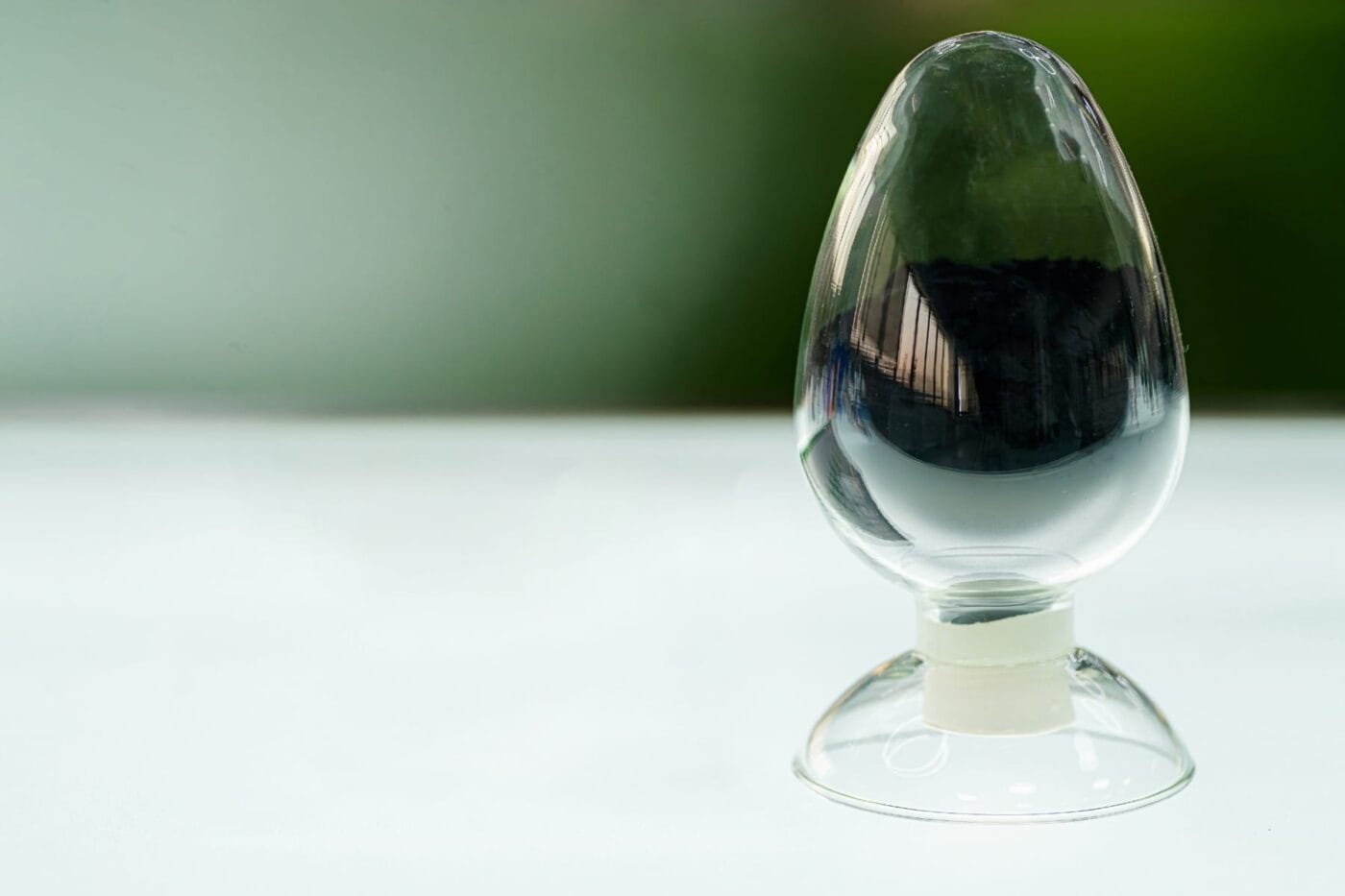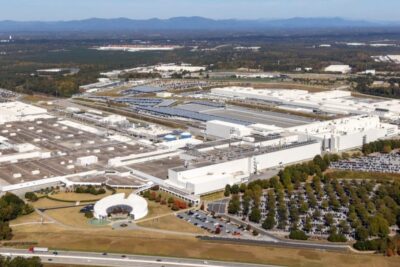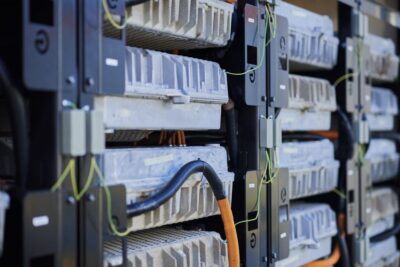BASF delivered cathode material for semi-solid-state batteries to WeLion
BASF Battery Materials, the Group subsidiary specialising in cathode materials, has successfully delivered the first batches of mass-produced cathode materials (CAM) for semi-solid-state batteries in cooperation with WeLion New Energy. The project runs through BASF’s China joint venture called BASF Shanshan Battery Materials (BSBM), a joint venture with Shanshan established in 2021, in which BASF holds a majority stake.
The project to mass-produce the special CAM started in August 2024, with BASF stating that BSBM’s R&D team contributed a nickel-dominated NCM cathode material with a special composite coating layer “to address interface issues between CAM and solid electrolytes.” This technology increases energy density through higher capacity and lower resistance while improving cycle stability and cycle life by suppressing side reactions at the CAM-electrolyte interface, according to the company, which speaks of a fast and successful collaboration on the way to commercialising the next generation of advanced batteries.
BASF describes the recent delivery as a “true milestone toward the next generation of advanced batteries.” WeLion is a pioneer in this field with over 40 years of experience. BSBM, for its part, has expertise in the development and production of cathode materials and has “the ability to handle critical challenges of Solid-State batteries.”
Desmond Long, Senior Vice President at BASF Battery Materials and CEO of BSBM, emphasised the mutual trust between the partners: “This collaboration marks a milestone for our battery materials business and is a significant step forward in the field of Solid-State batteries. We look forward to further deepening our cooperation with WeLion New Energy and achieving further breakthroughs in Solid-State battery technology together.”
“We are impressed by BASF’s robust technology and fast response,” added Dr Jin Xiang, Managing Director of Welion New Energy. “As a leading manufacturer in the Solid-State battery industry, WeLion will use BASF’s cathode materials in our new generation of Semi-Solid-State batteries and look forward to more joint projects both at home and globally.”
How exactly WeLion’s semi-solid-state batteries are constructed is not mentioned. On its website, the developer talks about cells that combine the properties of solid-state and liquid batteries. In an earlier presentation, the chief scientist and founder of WeLion, Li Hong, once said that the in-house development was a hybrid solid-liquid electrolyte battery.
The Beijing-based battery developer has been operating under the name WeLion since 2016. In the eMobility sector, the company has become known primarily for its close ties to Nio: In July 2023, the battery specialist delivered its first semi-solid-state battery cells to Nio, and the OEM has been building the first 150 kWh battery packs based on these cells in series production since 2024, according to its own information. Also, last year, a cooperation with Yiwei, an electric car offshoot of the JAC automotive group, was announced. A year and a half ago, both companies announced their intention to develop an electric model with large semi-solid-state round cells in the 4695 format, offering a range of up to 1,000 kilometres.
WeLion is also part of a state-sponsored industrial alliance in China for the commercialisation of solid-state batteries. This alliance was launched in May 2024 and aims to secure China’s existing global market leadership in electric car batteries for the next technological leap.
This article was first published by Cora Werwitzke for electrive’s German edition.





0 Comments